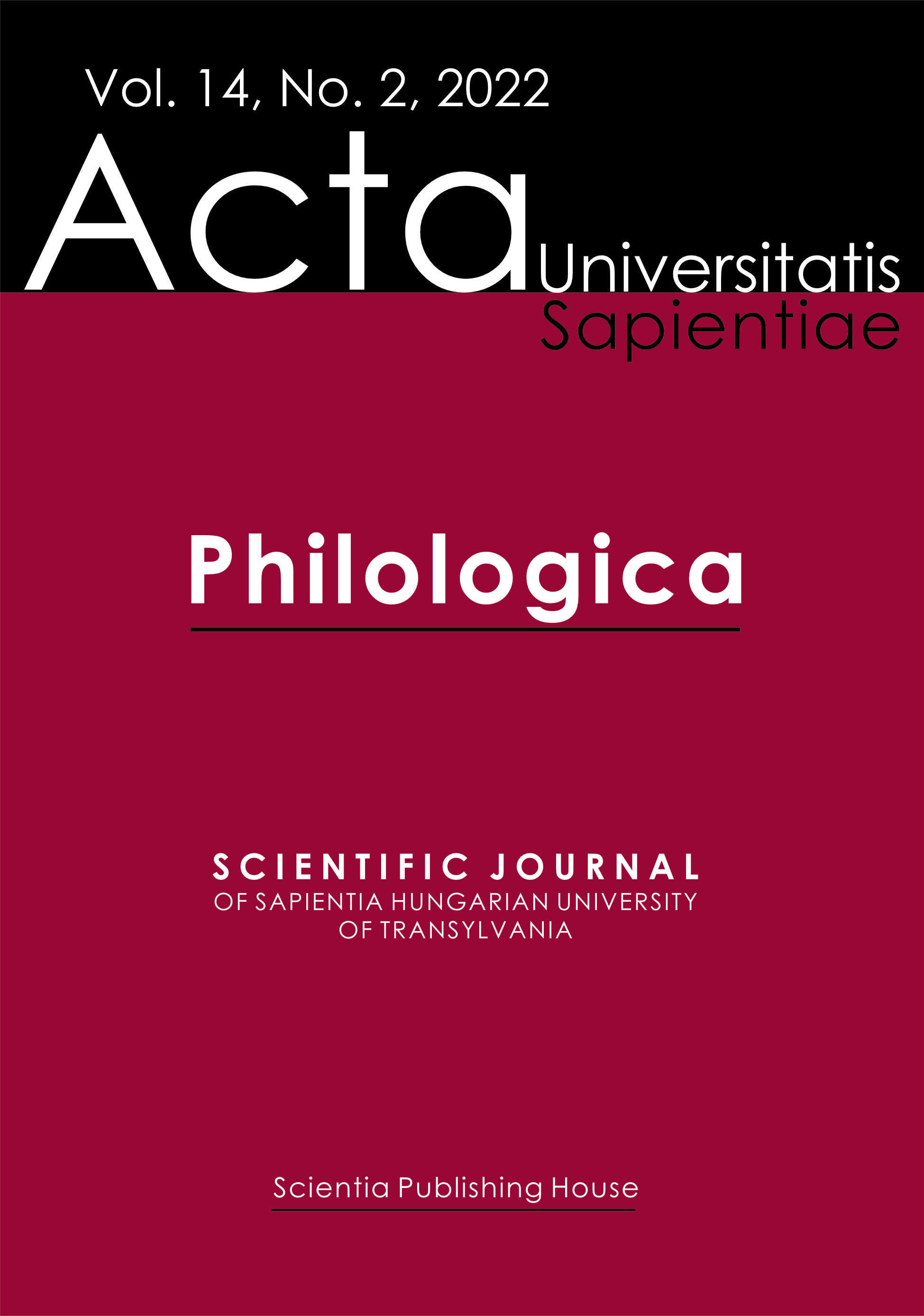On the Importance of Raising Collocational Awareness in Translation Practices
On the Importance of Raising Collocational Awareness in Translation Practices
Author(s): Tünde NagySubject(s): Foreign languages learning, Language acquisition
Published by: Scientia Kiadó
Keywords: collocations; translation; noticing; tasks; lexical approach; electronic corpora;
Summary/Abstract: The knowledge of medium-strength and field-specific collocations is a prerequisite for sounding native-like and as such an essential skill to have for future translators. While students are usually familiar with the use of idioms and fixed expressions, they may struggle with recognizing and also producing collocations, especially the ones they do not encounter with enough frequency. They may tend to overuse certain common word combinations and often create constructions through false analogy that result in unnatural sounding language. In order to acquire collocations, students need to notice them first – noticing, either incidental or guided, is considered to be an essential step in this process. After presenting some of the factors that hinder the accidental noticing of collocations, which also motivates the necessity for the teacher’s guidance, the paper gives examples of exercises that can help to draw students’ attention to collocations. An important objective is to raise students’ collocational awareness and also to motivate them to use resources that allow the noticing of collocations (collocation dictionaries, electronic databases, electronic corpora). A task-based approach as understood by Ellis (2003) combined with the theoretical considerations of the lexical approach (Lewis 1993) can be suitable for this purpose; the exercises presented are based on general and also semi-specialized texts and target students studying translation and working with the Hungarian–English language combination.
Journal: Acta Universitatis Sapientiae, Philologica
- Issue Year: 14/2022
- Issue No: 2
- Page Range: 31-49
- Page Count: 19
- Language: English

